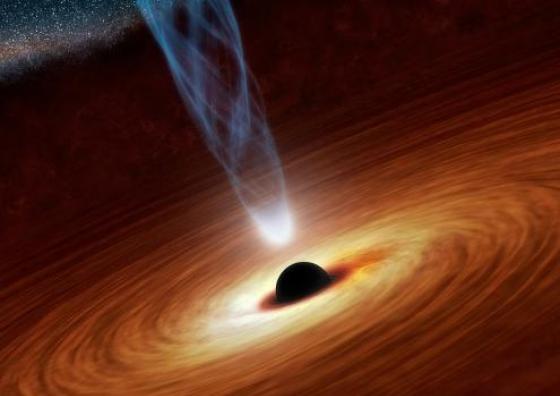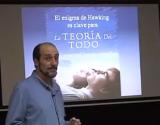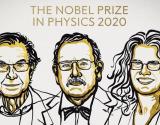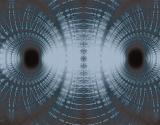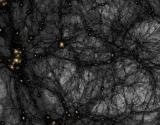Stephen Hawking has been one of the brightest scientists of the last fifty years, and one of the most exceptional human beings our planet has ever seen. Forty years ago he posed an enigma that still perplexes us: is absolute oblivion possible in our universe? Black holes - where time is distorted to reach its end - seem to tell us yes. However, the quantum denies this possibility. This paradox between the two main pillars of physics: gravity - the science of the very great - and quantum - the science of the very small - has been the main scientific contribution of who refused to accept a tragic destiny and never stopped looking at the stars.
About the Author
Roberto Emparan is an ICREA researcher at the Institute of Cosmos Sciences of the University of Barcelona, he is one of our most internationally recognized physicists in the field of gravity, black holes and superchord theories. His research focuses on the study of gravity, the structure of space-time, and black holes, in both classical and quantum aspects. He has published nearly 100 research articles and taught over 150 invited talks and lectures on black holes, string theory, and cosmology.
